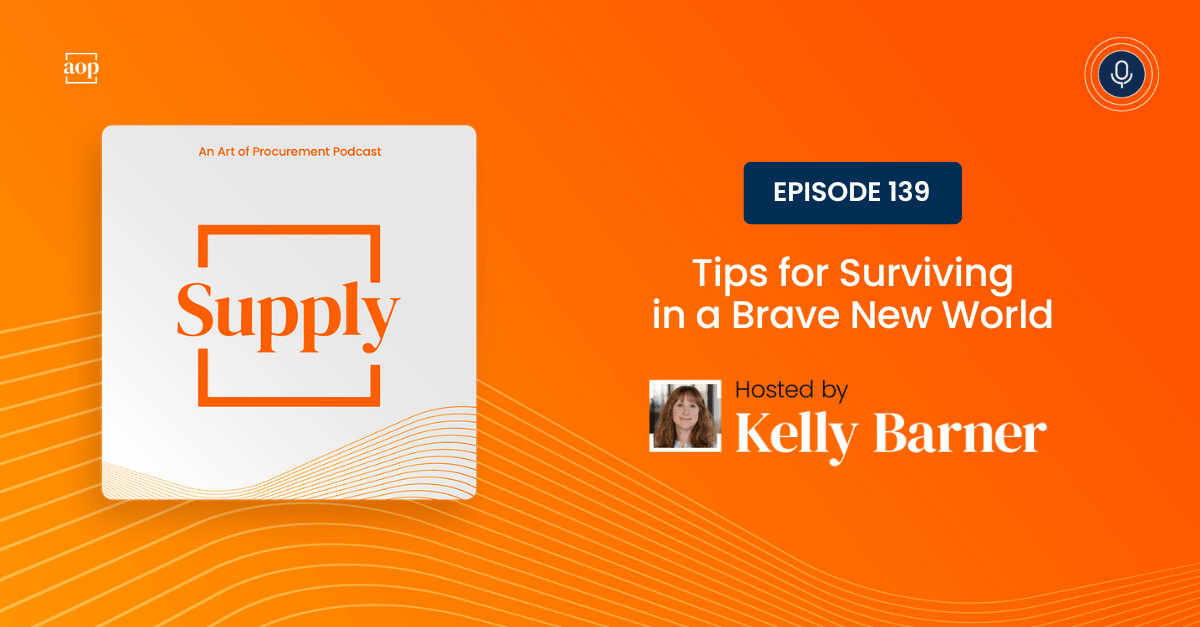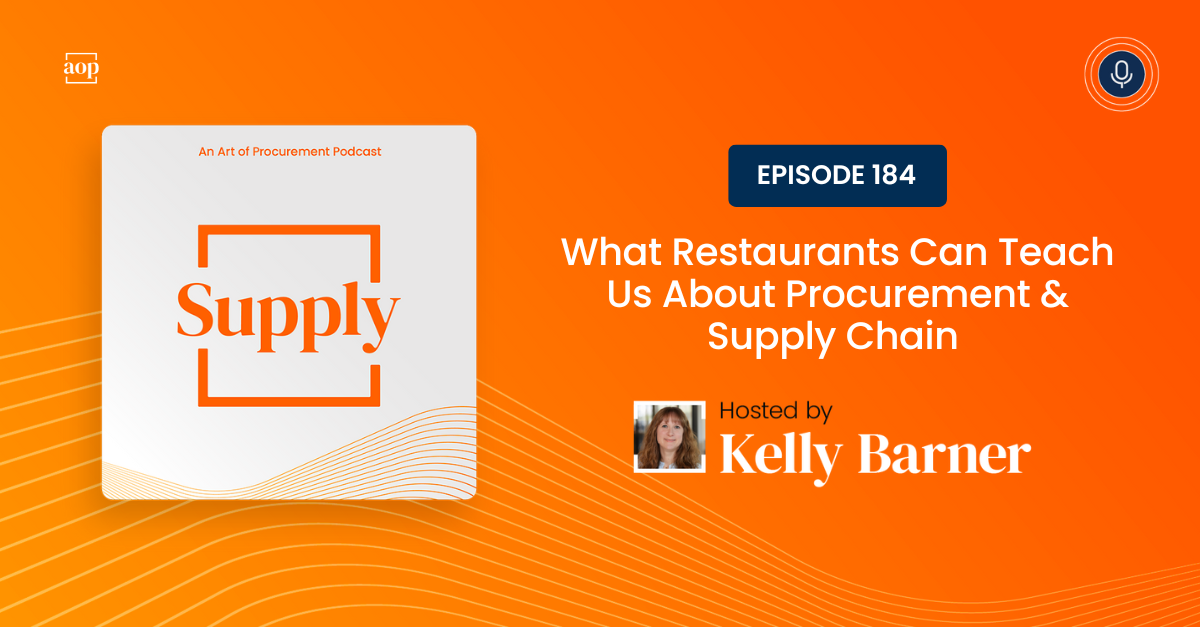
In 1932, Aldous Huxley published the book Brave New World. At the time, the actual world was perched between World Wars I and II, and the pace of scientific discovery had accelerated notably.
Huxley wrote with a pessimistic view of human nature, speculating that people would trade freedom for stability, and an optimistic but uncertain view of science. Computers and robots are not part of the story, but data is. There is a lot of data, all of it very detailed, and no one questions it.
Set over 600 years in the future in London, science has replaced the human family and order has replaced the irregularity that so often opens the door to genius and diversity.
Henry Ford had oddly become the author of their way of life. His actual autobiography “My Life and Work” (1922) replaced the Bible, the Koran, and the Torah. Ford’s perspective on standardization, regularity, and stability holds a central place in society.
The World State Motto is “Community, Identity, Stability” and a caste system flourishes, with Alphas, Betas, Gammas, Deltas, and Epsilons being physically, intellectually, and socially conditioned to not just accept but to prefer their lot in life.
Let’s consider two of today’s most disruptive and promising innovations in the shadow of the lessons we can learn from Aldous Huxley’s Brave New World:
Automation
I’m inspired to start with automation because of the drama that recently unfolded in the East and Gulf Coast ports. 85,000 dock workers are fighting for their livelihood in the face of technological progress that threatens to render them redundant.
Or so it would seem.
Giving way to progress without careful thought assumes that machines and software can replace human labor and intellect one-for-one. If that is not possible without some loss of value, then we have to acknowledge that the right answer is somewhere between completely human and completely automated.
Who will decide which people stay and which people go? In Brave New World, that is the role of society’s leaders (the “controllers” ironically). They prioritize stability over results, happiness over heroism.
As Controller Mustapha Mond says, “In a properly organized society like ours, nobody has any opportunities for being noble or heroic. Conditions have to be thoroughly unstable before the occasion can arise.” (p. 237)
There would be no strike in A.F. 632, the fictional year in which the book is set, because the dock workers would have been conditioned from birth to embrace their place in the social hierarchy, accepting whatever pay and living conditions society gave them. That might be optimal for the society as a whole, or even the shipping companies, but not so much for the dock workers.
Although we regularly face the unpredictability and discomfort of labor strikes, those negotiations presumably lead the parties to the best possible situation for everyone involved.
Artificial Intelligence
One of the ideas from the book that fascinates me is that people can’t understand science if they don’t know anything about it. Keeping people’s knowledge shallow, and conditioning them to be agreeable, makes it easier for others to have authority over them.
The advance of AI – either in general or generative – forces us to examine this piece of Brave New World by looking at ourselves straight in the mirror. Knowing about AI is not the same as knowing how it works, or when to be skeptical of the results it presents us with.
Let’s compare AI to a calculator. I might re-key an equation because I don’t trust myself to have typed in the numbers right, but I don’t question whether the calculator did the math correctly. With AI, we can’t be so sure, at least not today. AI is known to ‘hallucinate’ as it is called, to return an answer by filling in the gaps where it can’t find information in the data it has access to.
Will we know when AI is hallucinating? Sometimes, especially when we have expertise in the area that we are asking the AI for help with. Other times, we are using AI because we don’t have the knowledge required to complete a task on our own. How many of us will validate the information before proceeding as though it is true?
If we remember the lesson about science from Brave New World, only by knowing how it works can we understand the output. Until a technology is proven, like the calculator, ironically enough, we can’t automatically trust the output, no matter how advanced and well-received that technology is.



.png)
